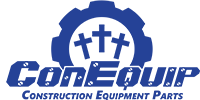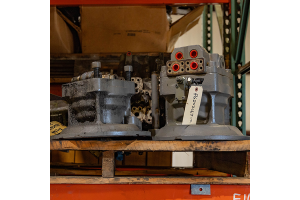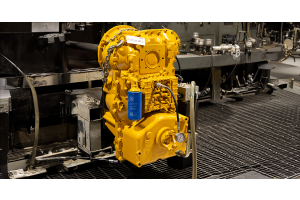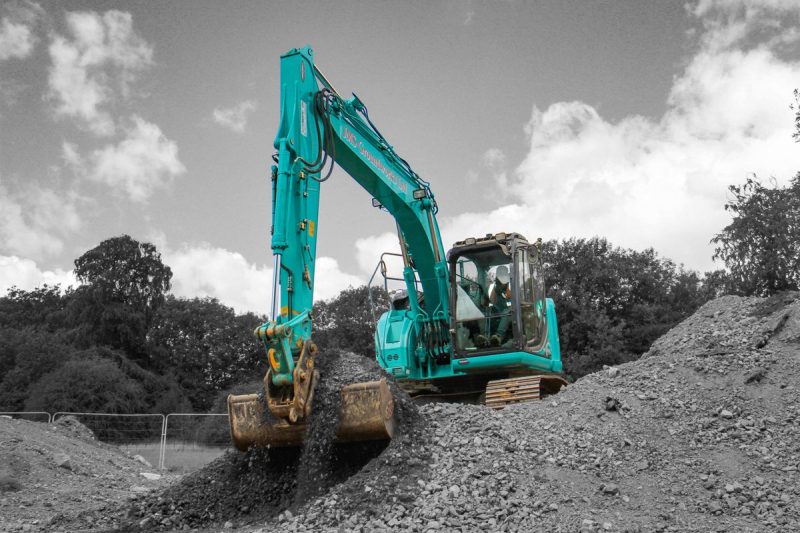
You've probably heard the term "Gray Market Machine" in the construction industry. If you own a gray market machine, you probably already know it's not a term of endearment. Gray market machines have dirty little secrets that can turn into a nightmare.
In case you didn't already know, a gray market machines is equipment that has been imported into a certain market without the consent of the manufacturer. The machine is built for use in one particular area, generally outside North America. How do they end up in the United States?
Generally, private equipment dealers bring them here. Another way is they are left by companies transporting cargo. Machines will break down at a port and a company will decide it's more cost effective to just leave it, rather than hauling it back across the ocean.
We get a lot of calls from customers looking for parts for gray market machines. This is perhaps the biggest problem GMM owners face. Getting parts isn't easy as they're often made differently than their domestic counterparts. Getting the parts overseas usually takes weeks and is expensive. If new parts aren't available anymore, finding salvaged parts may be impossible, leaving GMM owners with a machine they can't use anymore.
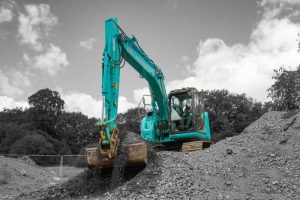
If you do get the parts you need but need someone to do the work, you may not find a technician with the experience or willingness to work on the machine. Things like fittings and metric conversions can pose a real challenge.
If you are in the market for a used machine, avoid buying a gray market model even if the price is very tempting. One sign the machine is likely gray market is the color. For instance, an overseas Komatsu is often painted purple and a Kobelco is usually teal. Another obvious sign a machine is a GMM is if its decals or operating manuals are in another language.
Be aware, shady resellers know this so they may tear decals off and repaint the machine. You can contact your local dealer with the serial number and they will let you know if the machine was made for use in North America. Some dealers will refuse to work on gray market machines and will not offer support. If the machine doesn't have a serial number, that's a huge red flag.
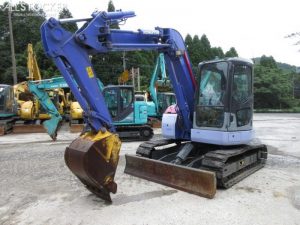
Another problem with gray market machines is that they may not comply with U.S. standards. Engine emissions may not meet EPA regulations and the machine may not comply with the safety standards for the country in which they are intended to be used. This could put your company at risk of fines and even worse, put your operators in danger.
We strongly advise anyone looking to buy used equipment to steer clear of gray market machines.


